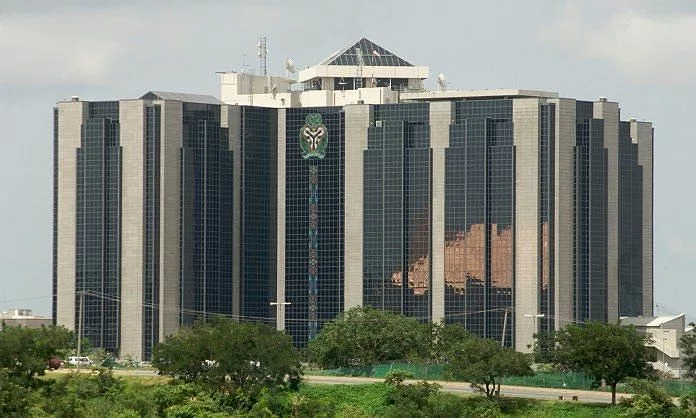Nigeria’s foreign capital inflow fell to $770 million in April 2024, marking a significant decrease of 57.22 per cent from the $1.80 billion recorded in March 2024. This decline is detailed in the Central Bank of Nigeria’s (CBN) April 2024 Monthly Economic Report.
The report attributes the drop primarily to reduced investments in money market instruments. “A lower foreign capital inflow was recorded in the review period, occasioned by lower investments in money market instruments. Capital inflow into the economy fell to $770 million, compared with $1.80 billion in March 2024,” the report stated.
Portfolio investment inflow, which decreased to $330 million from $1.16 billion in March, was a major contributor to the decline, as investors avoided purchasing money market instruments. Other investment types, especially loans, also saw a drop, with inflows falling to $430 million from $620 million in the previous month. Foreign direct investment (FDI) dropped to $10 million, down from $20 million in March, due to reduced equity investments.
In terms of composition, other investments constituted the most significant share at 55.84 per cent, followed by portfolio investments at 42.71 per cent, and direct investments at 1.45%. This reflects a heavy reliance on non-equity financial instruments and loans, which are more volatile and sensitive to global economic conditions.
The report also highlights a sectoral breakdown of capital importation. The banking sector received 70.46 per cent of the total inflows, followed by trading (12.89%), production/manufacturing (5.77%), telecommunications (4.94%), and shares (4.35%). Lagos State attracted 83.13 per cent of the total capital inflow, while the Federal Capital Territory (FCT) received the remainder.
Regarding the origin of the capital inflows, the United Kingdom was the most significant contributor, accounting for 54.59 per cent of the total. South Africa followed with 13.22 per cent, Mauritius with 9.22 per cent, the Netherlands with 6.57 per cent, the United Arab Emirates with 5.77 per cent, and the United States with 3.44 per cent.
While capital inflow decreased, Nigeria saw an increase in outflows. The outflow amount exceeded the inflow in April 2024. NATIONAL ECONOMY reported that Nigeria experienced a significant rise in capital outflows, totaling $1 billion in April 2024, up 35.14 per cent from $740 million in March. This increase was driven primarily by capital reversals, which accounted for 78 per cent of the total outflow, equating to $780 million. Capital reversals occur when foreign investors withdraw their investments, often due to economic instability, policy changes, or more attractive opportunities elsewhere.
Despite the drop in April, Nigeria’s total capital importation rose by 210.16 per cent in Q1 2024, reaching $3.37 billion, compared to $1.08 billion in Q4 2023. This represents a 198.06 per cent increase from the corresponding quarter in 2023, according to the National Bureau of Statistics (NBS) report on capital importation for Q1 2024.





